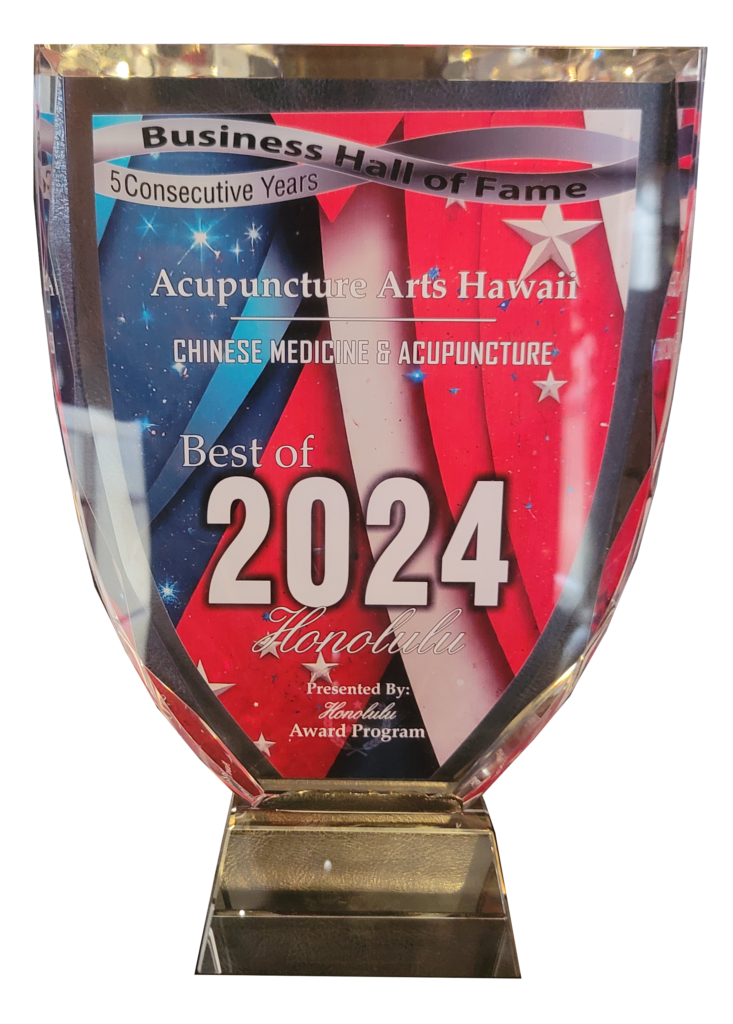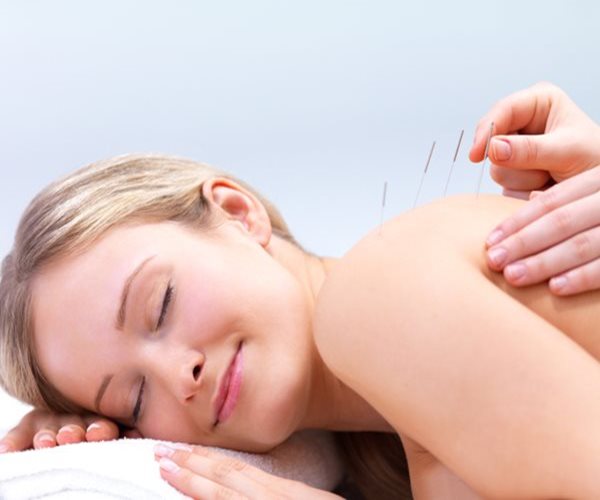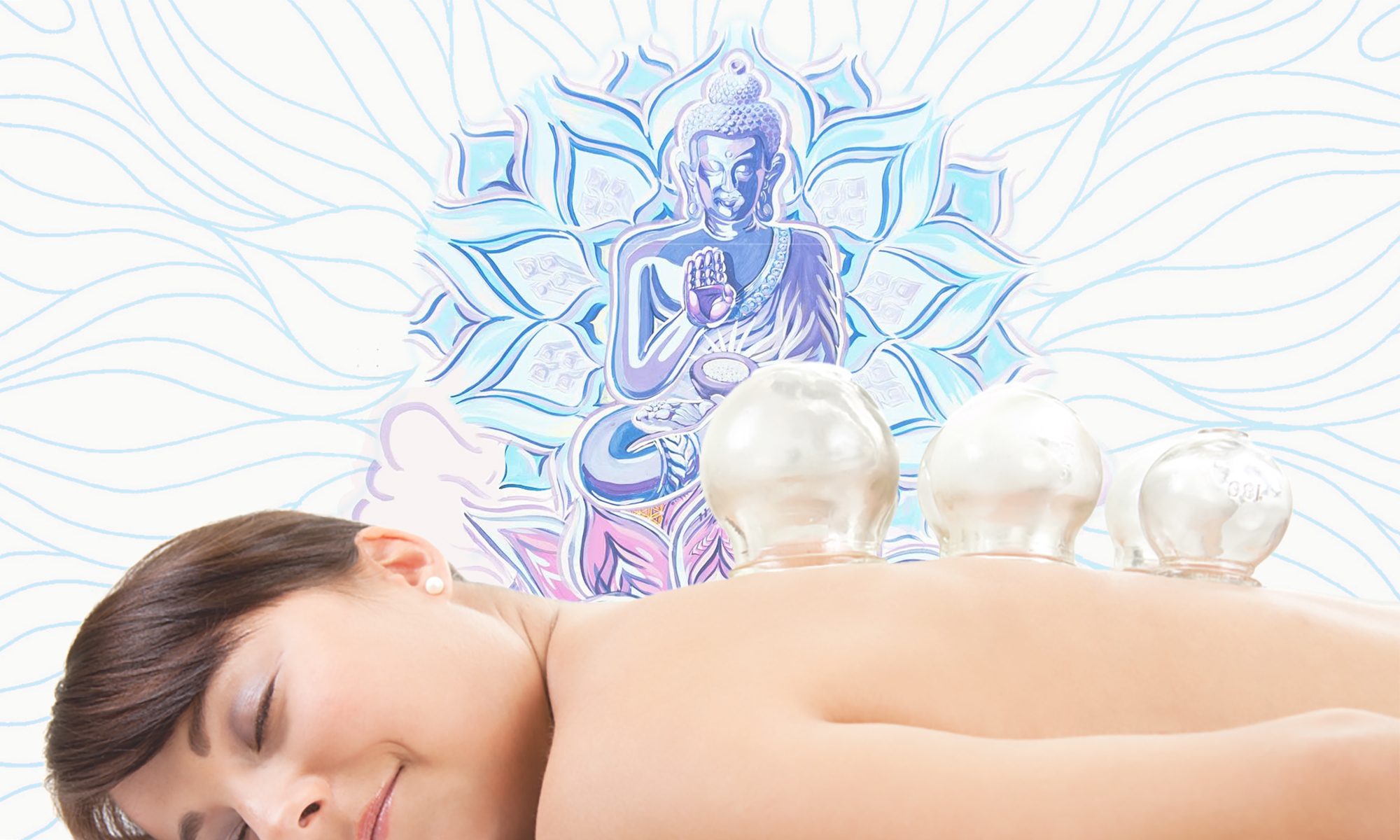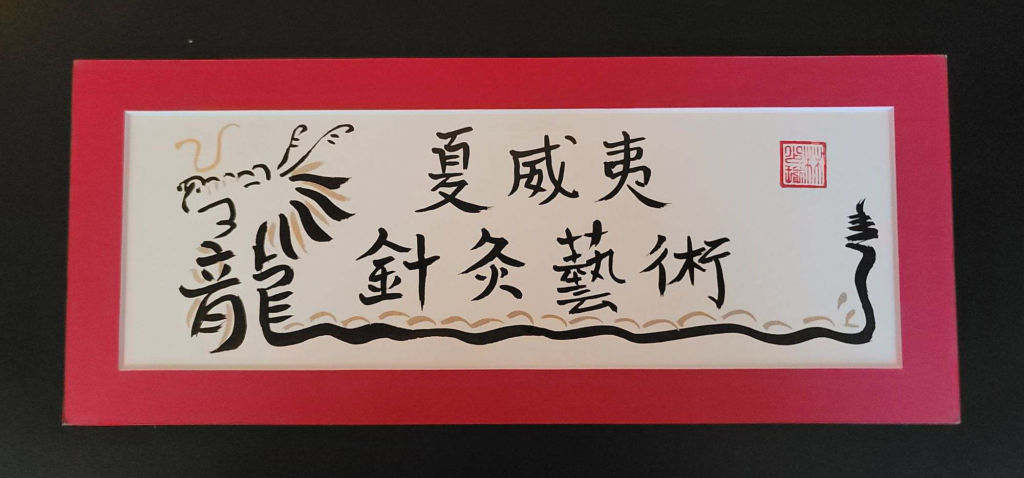
Happy Lunar New Year! Year of the Dragon Special: 20% OFF Any Service / Treatment for New & Existing Patients
Acupuncture May Help Prevent Migraines
 For people with a certain type of migraine headache, regular acupuncture treatments may help reduce the frequency of these debilitating attacks, a recent study from China suggests.
For people with a certain type of migraine headache, regular acupuncture treatments may help reduce the frequency of these debilitating attacks, a recent study from China suggests.
Patients who suffered migraines without aura, and who received five true acupuncture treatments per week for four consecutive weeks had about one less headache per month than similar patients who got the same number of sham acupuncture treatments, researchers report.
“Acupuncture should be considered as one option for migraine prophylaxis in light of our findings,” the authors write in JAMA Internal Medicine.
About 18 percent of women and 6 percent of men in the U.S. suffer from migraine headaches in a given year, according to a 2001 study, making the condition a leading cause of disability.
Acupuncture is commonly used to treat migraines in China, however, studies of whether it works for migraine prevention have been inconsistent, the study team notes.
Ling Zhao of Chengdu University of Traditional Chinese Medicine in Sichuan, China, and colleagues recruited 249 adults who had an average of two to eight migraines without aura per month from three clinical centers in China.
For the study, participants kept track of their migraine headache frequency and severity for four weeks before being randomly assigned to receive true acupuncture treatment, sham acupuncture treatment or to be put on a waiting list for treatment.
People in both the true and sham acupuncture groups received 20 treatments with acupuncture needles and electrical stimulation, each lasting thirty minutes.
The true acupuncture group was treated at four acupuncture points thought to affect headaches and with enough electrical stimulation to elicit a “Deqi” sensation, which includes “soreness, numbness, distention or radiation that indicated effective needling,” according to the authors.
For the sham treatment, the needles were placed in areas not known to be acupuncture points and the deqi sensation wasn’t induced.
At 16 weeks, the number of migraines reported in the true acupuncture group fell by about three attacks per month, while people in the sham acupuncture group had two fewer attacks per month.
Among the study’s limitations, about 20 percent of the participants had previous experience with acupuncture, and it’s not known how many may have been able to guess whether their treatments were real or sham.
“Placebo response is strong in migraine treatment studies, and it is possible that the Deqi sensation . . . that was elicited in the true acupuncture group could have led to a higher degree of placebo response because there was no attempt made to elicit the Deqi sensation in the sham acupuncture group,” Dr. Amy Gelfand writes in an accompanying editorial.
Gelfand, a neurologist at the University of California, San Francisco, told Reuters Health that the placebo effect is interesting and important, especially in migraine studies, but she thinks about it differently as a researcher and as a clinician.
“When I’m a researcher, placebo response is kind of a troublesome thing, because it makes it difficult to separate signal from noise,” she said. But when she’s thinking as a doctor about the patient in front of her, placebo response is welcome, Gelfand said.
“You know, what I really want is my patient to feel better, and to be improved and not be in pain. So, as long as something is safe, even if it’s working through a placebo mechanism, it may still be something that some patients might want to use,” she said.
When a patient is interested in a treatment that may have a strong placebo effect, Gelfand added, “There’s a real checklist in my head, with safety being the first thing; and if it seems like it’s safe then I think about things like cost, because often these things are not going to be covered by insurance, but to a certain extent that’s the patient’s decision; and I think about time, because these treatments can be time-consuming.”
It’s a good idea to keep your doctor informed of any treatments that you’re using, be they over-the-counter supplements or non-pharmacologic behavioral treatments, she said.
“I think that that’s part of the picture, and as a provider, I like to know about all of those things. If for no other reason than it just helps me understand what kind of treatments my patient values and is looking for,” Gelfand said.
http://www.newsmax.com/t/health/article/775313?ns_mail_uid=58186744&ns_mail_job=1714212_02262017&s=al&dkt_nbr=ydnurkei%C2%A7ion&keywords=acupuncture-prevent-migraines&year=2017&month=02&date=23&id=775313&aliaspath=%2FHealth%2FArticle%2FArticleTemplate&oref=news.newsmax.com
Grand Opening!

Come help us celebrate our official Grand Opening Celebration for our new non-profit 501c3 ‘Aloha Health Collective’. Which features Acupuncture Arts & Align DaKine with Dr. Kevin Cabriales. We will be having an all day meet and greet for the community and surrounding businesses to share our vision of making Holistic medicine accessible to everyone. Come check out our brand new Penthouse clinic, get free consultations. Free community style Acupuncture.
We will also be doing a raffle of gift certificates for free, and half off treatments & other healthful goodies. Drinks and pupus at 5. Pot luck style welcome. Lantern Floating ceremony/blessing at 7pm.
Friday September 30, 2016 – 5-8pm
Aloha Collective / Acupunctures Arts Hawaii
1136 Bishop St, 9th Floor, Penthouse 1B
Honolulu, Hawaii 96813
Cancer Care and Management with Acupuncture and Chinese Herbal Medicine
Cancer is a diagnosis that may leave you feeling frightened and powerless, but it is important to have hope. In many cases, cancer is a curable disease, especially when detected early. Acupuncture and Traditional Chinese Medicine (TCM) can not only reduce the side effects of standard Western medical therapies like radiation and chemotherapy, but they can also harmonize the body’s energy and tonify the immune system to help fight cancer. Cancer is a blanket term for a group of diseases that occur when the body’s cells begin to reproduce abnormally and damage healthy tissues.
Acupuncture Traditional Chinese Medicine practitioners take a whole body (holistic) approach with health care. In addition to acupuncture, you TCM practitioner may suggest Chinese herbs, nutrition advice, massage and/or vitamin supplements. The goal is to treat the entire person, not just the disease. Accordingly, the patient’s lifestyle, overall health and emotional state are considered when diagnosing and treating cancer in Traditional Chinese Medicine.
Acupuncture and Traditional Chinese Medicine can help to relieve nausea and vomiting, post-surgical pain, and fatigue resulting from cancer treatments like surgery, radiation and chemotherapy. It is important to take into consideration alternative healing treatments and health care options that can help you fight cancer and win. Acupuncture is preventative, it is a good way to continue treatment even when you’ve beaten cancer.

